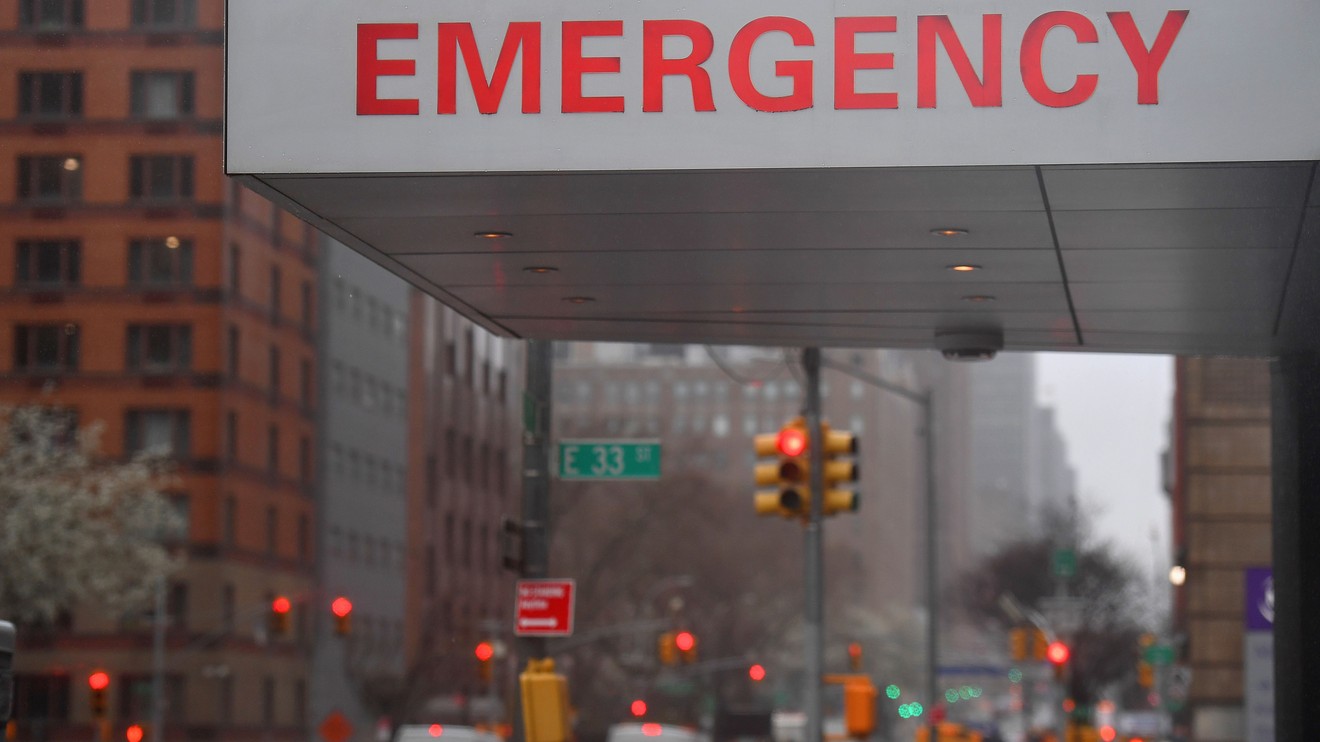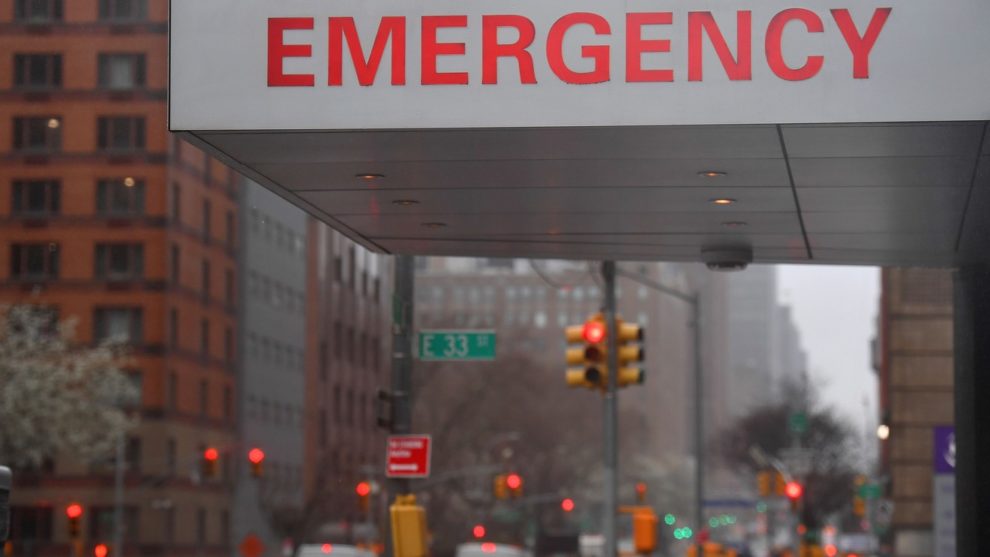
Corporations were right to draw down bank lines of credit as the coronavirus started to bear down on America, says Karen Petrou, an expert on financial reform and banking.
But policy makers worried about mounting pressure on the nation’s banking system from pandemic fallout should first focus on shoring up workers and small businesses, Petrou, managing partner at Federal Financial Analytics, told MarketWatch.
“This isn’t like 2008,” said Petrou, an expert who American Banker called “the sharpest mind analyzing banking policy today—maybe ever.”
“This is a result of a structural issue, the collapse of the underpinnings of the American economy,” she said. “A by-the-book approach is going to be disastrous.”
The Federal Reserve, a week after it unleashed its crisis-era powers to pump liquidity into financial markets, said on Monday that it also would take aggressive steps to bolster all corners of the financial markets, including establishing a Main Street Business Lending Program, to help eligible small and medium-size businesses.
Read: Fed is now effectively the ‘lender of last resort’ to Main Street not just Wall Street
“About 40% of Americans are no more than two paychecks away from poverty,” Petrou said, pointing to recent findings from economic advocacy group Prosperity Now. “Less than half of all small businesses have less than two weeks of liquidity.”
The second figure comes from this September JP Morgan Chase &Co report on the state of small businesses.
“The panic is disproportionately hurting low-income households, those people doing in-person work that can’t be done remotely, including taxis drivers and gig-economy workers,” Petrou said. “They have mortgages, are paying rent, have a credit card and other debt obligations.”
American consumers have been a linchpin of the U.S. economy, that is before it was largely shuttered by the coronavirus by officials racing to staunch the surge of new COVID-19 infections.
But now many households face the stark challenge of lost jobs, dwindling small business revenue and rent or mortgages coming due, just as daily life in the nation’s most prominent cities grinds to a halt.
Senate lawmakers have been working to finish a massive aid package to help Americans devastated by the coronavirus, with Treasury Secretary Steven Mnuchin on Monday saying it needed to be completed “today.”
Relief for workers and small businesses can’t come fast enough.
“We project the unemployment rate jumps to 10.6% in April,” wrote TS Lombard’s Chief U.S. Economist Steven Blitz in a note Monday. “This means we see 12 million people losing their jobs in the first round, but this is not necessarily going to be the high mark for this down cycle.”
At the same time, Blitz also sees potential trouble brewing for big banks as the Fed calls on them to scrap their 10% capital buffers put in place during the last decade’s crisis and start lending instead.
“The problem is that when bankruptcies and bad loans start to skyrocket, that capital ballast will be gone – if they follow the FOMC dictate,” Blitz wrote, referring to the central bank’s Federal Open Market Committee, which sets rates, reserve requirements and more.
“If they do not abide by it, then we are sure to see even more bankruptcies.”
The Financial Select SPDR ETF XLF, -6.51% was down about 6% Monday and has declined 43% in the year to date, while the S&P 500 SPX, -4.38% has fallen 32% and the Dow Jones Industrial DJIA, -4.45% has declined 26%.
div > iframe { width: 100% !important; min-width: 300px; max-width: 800px; } ]]>











Add Comment